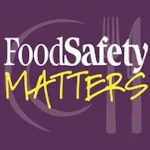
Food Safety Matters
Food Safety Matters is a podcast for food safety professionals hosted by the Food Safety Magazine editorial team – the leading media brand in food safety for over 20 years. Each episode will feature a conversation with a food safety professional sharing their experiences and insights of the important job of safeguarding the world’s food supply.
New episodes are posted twice a month.

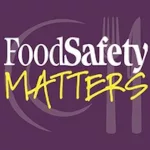
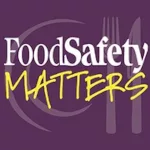
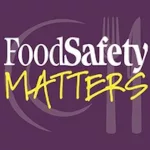
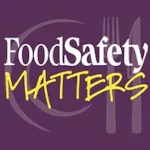


Never miss the latest news and trends driving the food safety industry
Newsletters | Website | eMagazine
JOIN TODAY!Copyright ©2026. All Rights Reserved BNP Media.
Design, CMS, Hosting & Web Development :: ePublishing
